Nai Bian
Improved Hybrid Layered Image Compression using Deep Learning and Traditional Codecs
Jul 15, 2019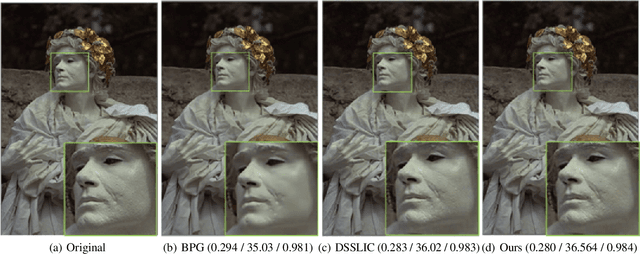
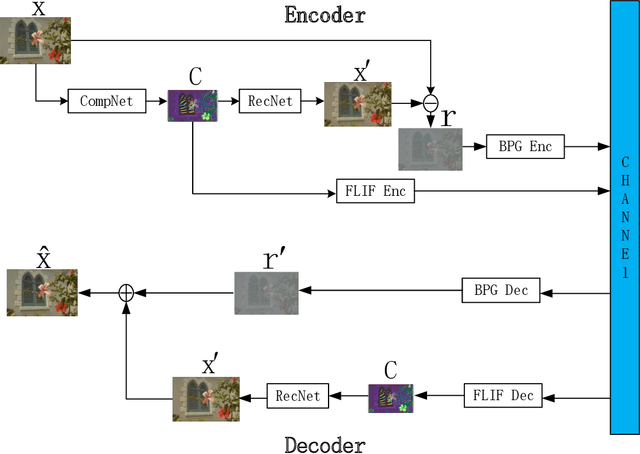
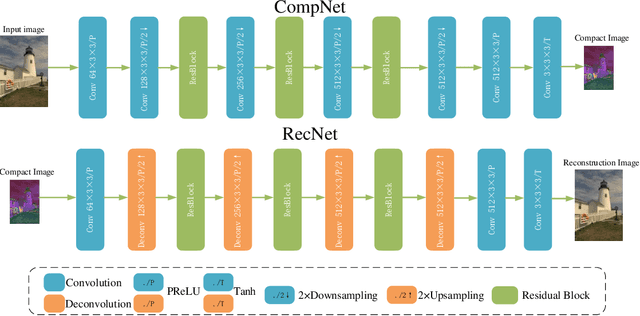
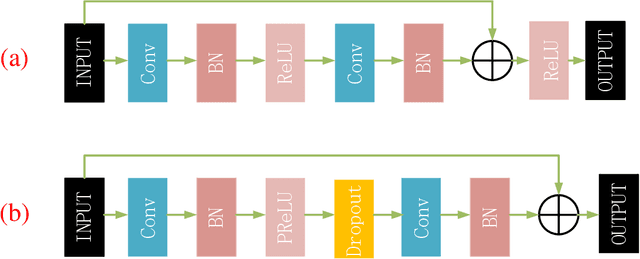
Abstract:Recently deep learning-based methods have been applied in image compression and achieved many promising results. In this paper, we propose an improved hybrid layered image compression framework by combining deep learning and the traditional image codecs. At the encoder, we first use a convolutional neural network (CNN) to obtain a compact representation of the input image, which is losslessly encoded by the FLIF codec as the base layer of the bit stream. A coarse reconstruction of the input is obtained by another CNN from the reconstructed compact representation. The residual between the input and the coarse reconstruction is then obtained and encoded by the H.265/HEVC-based BPG codec as the enhancement layer of the bit stream. Experimental results using the Kodak and Tecnick datasets show that the proposed scheme outperforms the state-of-the-art deep learning-based layered coding scheme and traditional codecs including BPG in both PSNR and MS-SSIM metrics across a wide range of bit rates, when the images are coded in the RGB444 domain.
A Deep Image Compression Framework for Face Recognition
Jul 03, 2019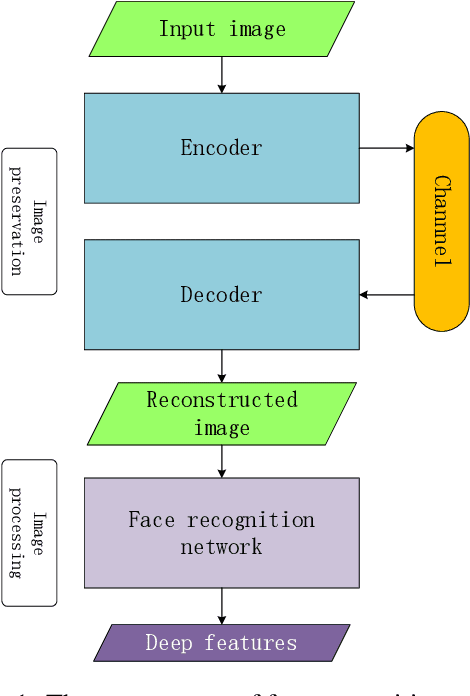
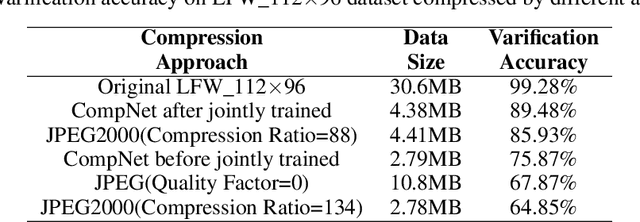
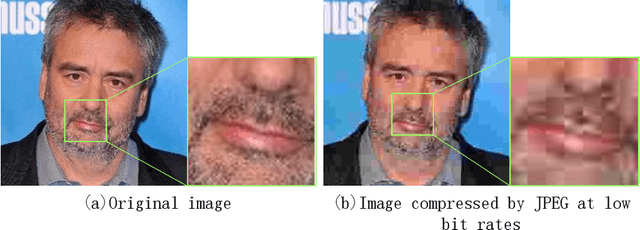

Abstract:Face recognition technology has advanced rapidly and has been widely used in various applications. Due to the extremely huge amount of data of face images and the large computing resources required correspondingly in large-scale face recognition tasks, there is a requirement for a face image compression approach that is highly suitable for face recognition tasks. In this paper, we propose a deep convolutional autoencoder compression network for face recognition tasks. In the compression process, deep features are extracted from the original image by the convolutional neural networks to produce a compact representation of the original image, which is then encoded and saved by existing codec such as PNG. This compact representation is utilized by the reconstruction network to generate a reconstructed image of the original one. In order to improve the face recognition accuracy when the compression framework is used in a face recognition system, we combine this compression framework with a existing face recognition network for joint optimization. We test the proposed scheme and find that after joint training, the Labeled Faces in the Wild (LFW) dataset compressed by our compression framework has higher face verification accuracy than that compressed by JPEG2000, and is much higher than that compressed by JPEG.
 Add to Chrome
Add to Chrome Add to Firefox
Add to Firefox Add to Edge
Add to Edge